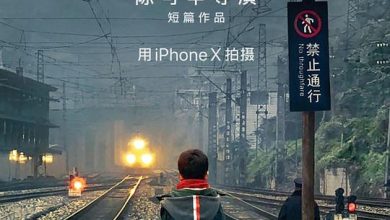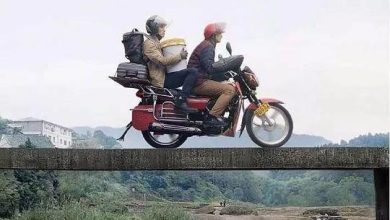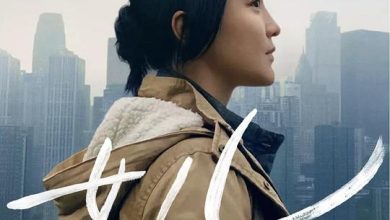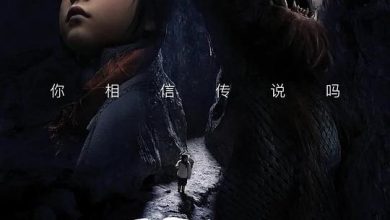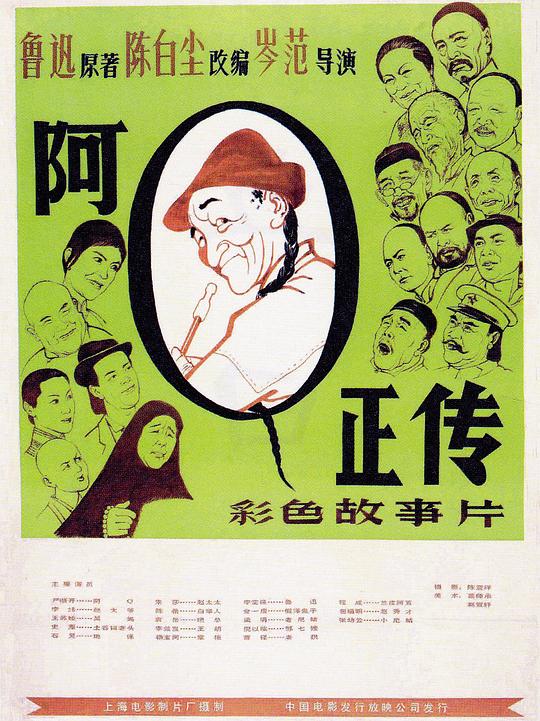
Based on Lao She’s play of the same name, the movie tells the story of the rise and fall of the Beijing Yutai Teahouse in three eras: 1898 (the end of the Qing Dynasty after the failure of the Hundred Days’ Reform), 1916 (the warlords’ war after Yuan Shikai’s death), and 1945 (the period of the Republic of China after the end of the War of Resistance), and the play has a large number of characters, including a wide variety of people, and a great number of characters’ details outline the social outlook and changes in the lives of different characters in the three eras from multiple angles. A teahouse is a small society with a lot of details of the characters from many angles, which outlines the social outlook and the changes in the lives of different characters in the three eras.
1982 / China / Drama, History / Tim Hsieh / Yu Zhi Zheng Rong
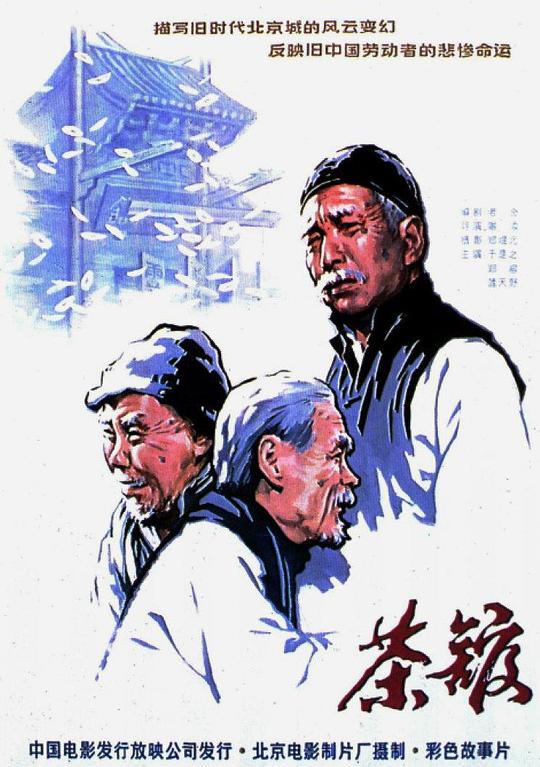
At the turn of the century, ancient China is undergoing unprecedented changes.
The old Qing Dynasty is on the verge of collapse, the blood of the Six Gentlemen can’t stop the wheel of history from rolling, and the sky over the old city of Beijing is in a state of flux and treachery.
Wang Lifa (Yu Zhi) is a young shopkeeper at the Yutai Teahouse in Beijing.
He remembers his father’s teachings and welcomes guests with honor.
Inside the small teahouse, people from all walks of life come and go: Master Song Er (Huang Zongluo), who bemoans his fate; Chang Si (Zheng Rong), a staunch Manchu who laments the imminent demise of his country; Qin Zhongyi (Lan Tianye), who seeks to save his country through industrialization; Liu Mazi (Ying Ruocheng), who sells and trades human beings; and Eunuch Pang (Tong Chao), who intends to take a wife… …You sing and I take the stage, a small teahouse within the performance of the world’s vicissitudes and bleak …… This film is based on Lao She’s original book of the same name, and in 1983, the 3rd Chinese Film Golden Rooster Award Special Prize, the Ministry of Culture 1982 Outstanding Film Award Special Prize.
